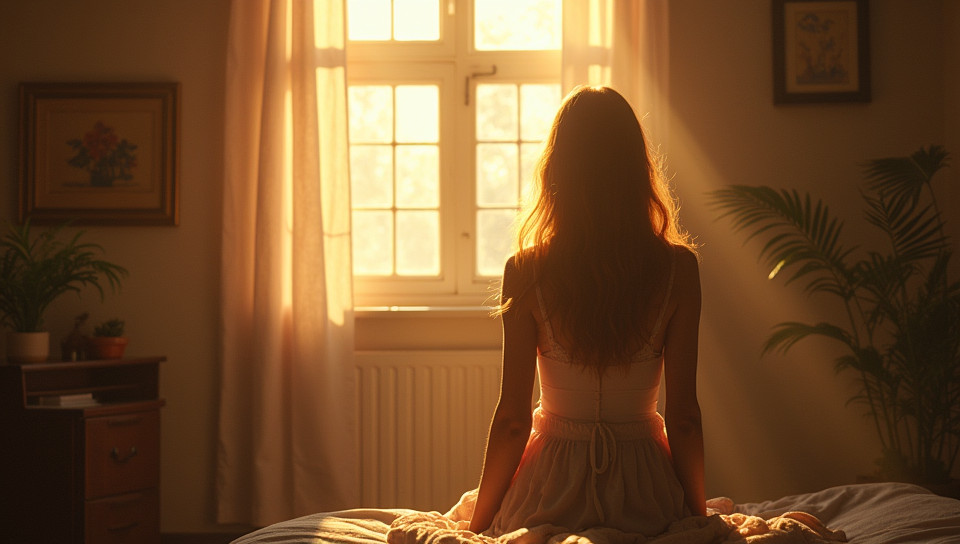Lack of sunlight can worsen your mental state 47%

The Dark Truth About Sunlight Deprivation
As we navigate our busy lives, it's easy to overlook the importance of sunlight in maintaining our mental well-being. But the reality is, lack of sunlight can have a profound impact on our mood, energy levels, and overall quality of life. In this article, we'll explore the effects of sunlight deprivation and provide valuable insights into how to mitigate its negative consequences.
The Science Behind Sunlight and Mental Health
Sunlight plays a crucial role in regulating our circadian rhythms, which are the internal processes that govern our sleep-wake cycles. When we're exposed to natural light, it sends a signal to our brain that tells us it's time to be awake and alert. Conversely, lack of sunlight can disrupt this process, leading to feelings of fatigue, irritability, and decreased motivation.
The Effects of Sunlight Deprivation
- Decreased serotonin levels: Serotonin is a neurotransmitter that helps regulate mood, appetite, and sleep. When we're exposed to sunlight, our bodies produce more serotonin, which can help alleviate symptoms of depression and anxiety.
- Disrupted circadian rhythms: As mentioned earlier, sunlight helps regulate our internal clock. Without it, our bodies may struggle to fall asleep or stay asleep, leading to chronic fatigue and related health problems.
- Weakened immune system: Sunlight has been shown to have a positive impact on our immune systems, with vitamin D deficiency linked to various autoimmune diseases.
- Increased risk of seasonal affective disorder (SAD): SAD is a type of depression that's triggered by the changing seasons. People who live in regions with limited sunlight during the winter months are more susceptible to developing SAD.
Coping Strategies for Sunlight Deprivation
While it may not be possible to get direct sunlight every day, there are ways to mitigate its negative effects:
- Invest in a light therapy lamp: These specialized lamps emit a specific type of light that mimics natural sunlight, helping to regulate circadian rhythms and improve mood.
- Take regular breaks outside: Even short periods of time spent outdoors can make a significant difference in your mental state. Try taking a walk during your lunch break or spending 10-15 minutes outside each morning.
- Practice mindfulness: Mindfulness techniques, such as meditation and deep breathing exercises, can help reduce stress and anxiety related to sunlight deprivation.
Conclusion
Lack of sunlight can have far-reaching consequences for our mental health, from decreased serotonin levels to increased risk of seasonal affective disorder. By understanding the effects of sunlight deprivation and implementing simple coping strategies, we can take control of our mental well-being and improve our overall quality of life. So next time you're feeling sluggish or irritable, remember: a little bit of sunlight could be just what you need to turn things around.
- Created by: Veronika Lysenko
- Created at: Oct. 13, 2024, 9:58 p.m.
- ID: 12528









